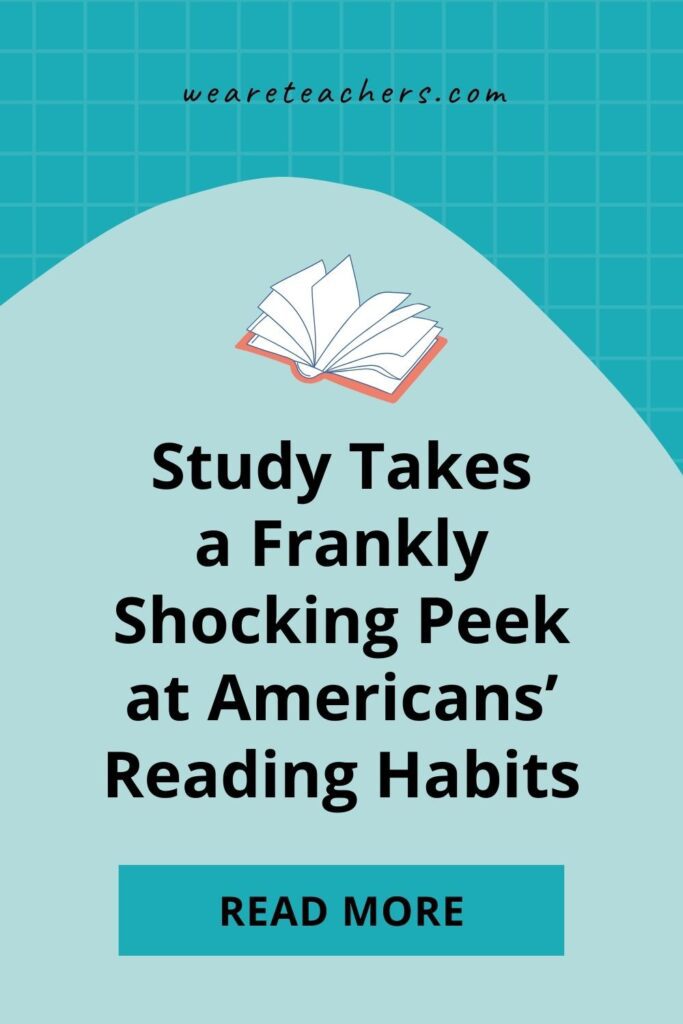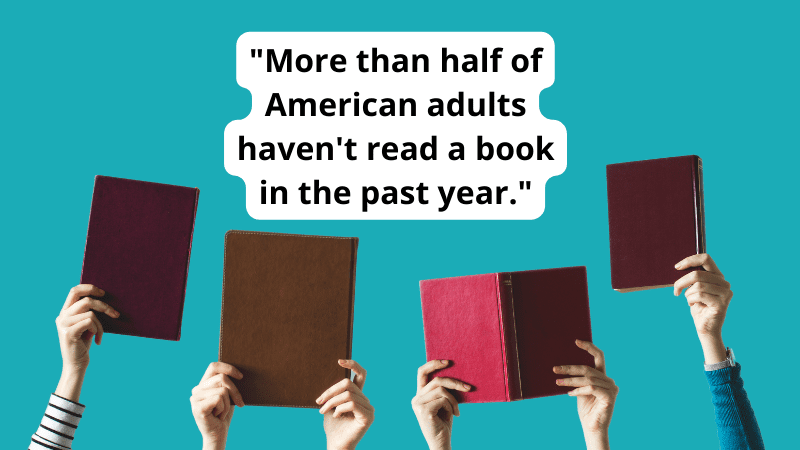English teachers around the country try to help students develop a love of reading. They match them with the perfect book, study their engagement and comprehension to ensure it’s a good fit, and help them through the hard parts. But Americans are still reluctant to read far past high school, according to a recent study.
The 2022 study from Words Rated, a research organization that looks specifically at books and literature, reveals some shocking statistics.
Half of Americans haven’t read a book in the past year.
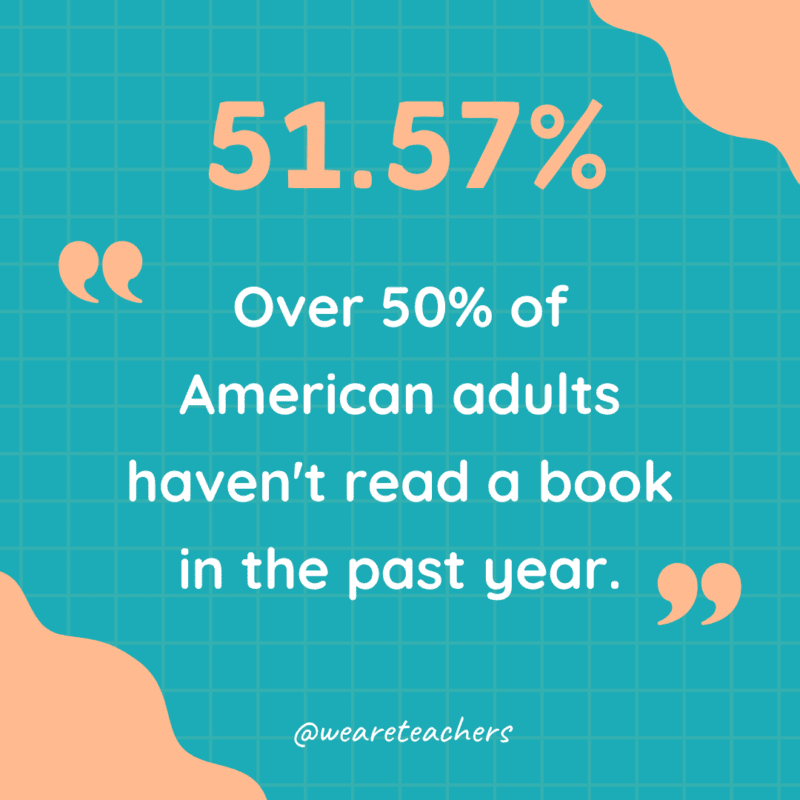
Sixteen percent haven’t read a whole book in five years.
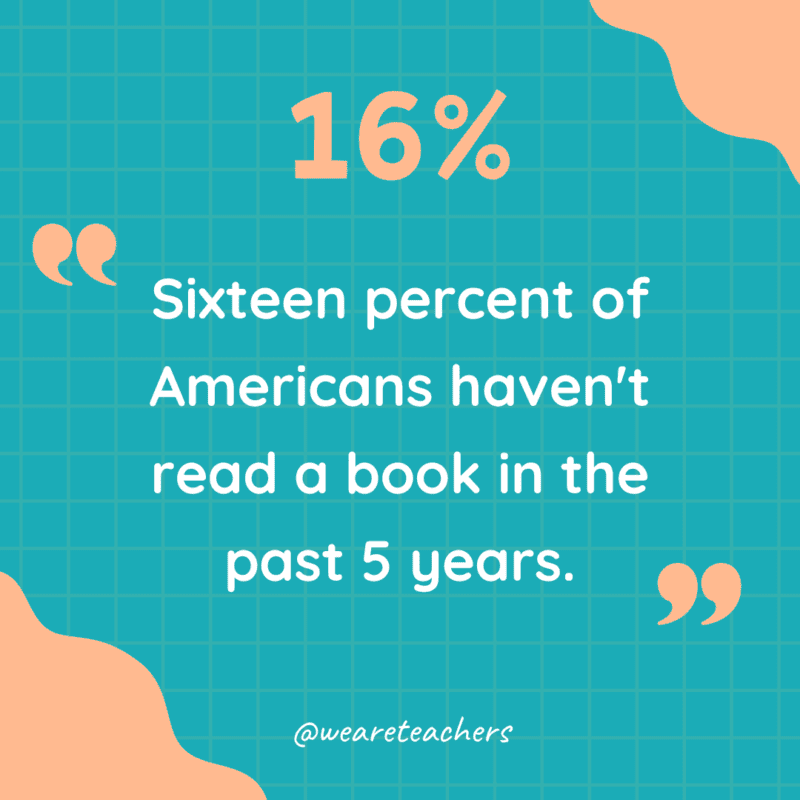
An additional 10.8% have gone 10 years without completing a book.
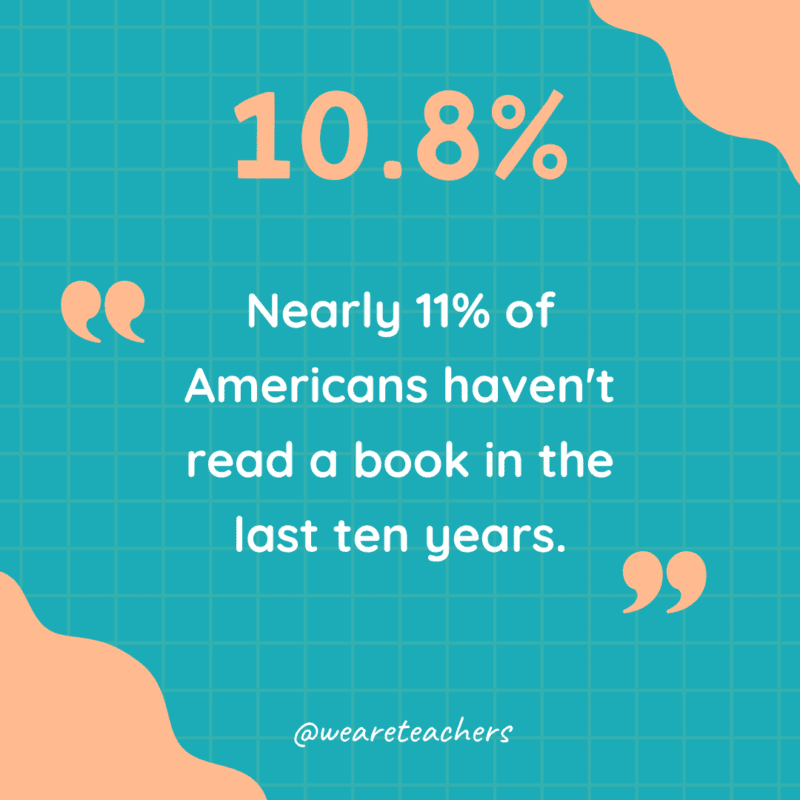
Sailaja N. Joshi, founder and CEO of Mango & Marigold Press, says this is partially due to adults having so much competing for their attention.
“Alerts on our phone! Notification! What’s the new TV show? So much is going on and it’s incredibly hard to simply have the attention span to sit down and read right now,” she says. “I also think, for many people, we did not grow up with a culture that loved or valued reading. Sure, households did, communities did, but we did not grow up in a time and space where books were valued or seen as a hobby/activity. For many older millennials, the love of reading was often fostered in elementary school, but past that, reading for pleasure was never something that was valued or we did.”
A love for words, both reading and writing them, is what Beth Rimer is on a mission to change at Miami University’s Ohio Writing Project. “As Thomas Newkirk says in his book The Art of Slow Reading, reading requires skills and time and asks us to slow down,” she says, adding that our definition of what it means to read might be changing in modern times.
“Whether we are looking to be entertained, to learn, to be transported to different worlds, to expand our thinking, we can find all of this in books and also in podcasts and photo essays and VR and online articles and Twitter and TikTok and the list goes on. As a result, when we used to turn to books, we now have many options.” Rimer worries that our young students’ only association with reading will be via testing, grades, and school-related tasks, eliminating potential life-long readers.
The survey also pointed to the “all you need is one book” rule. The rule shows that if a person completes a book, they are 29 times more likely to complete a second book that year.
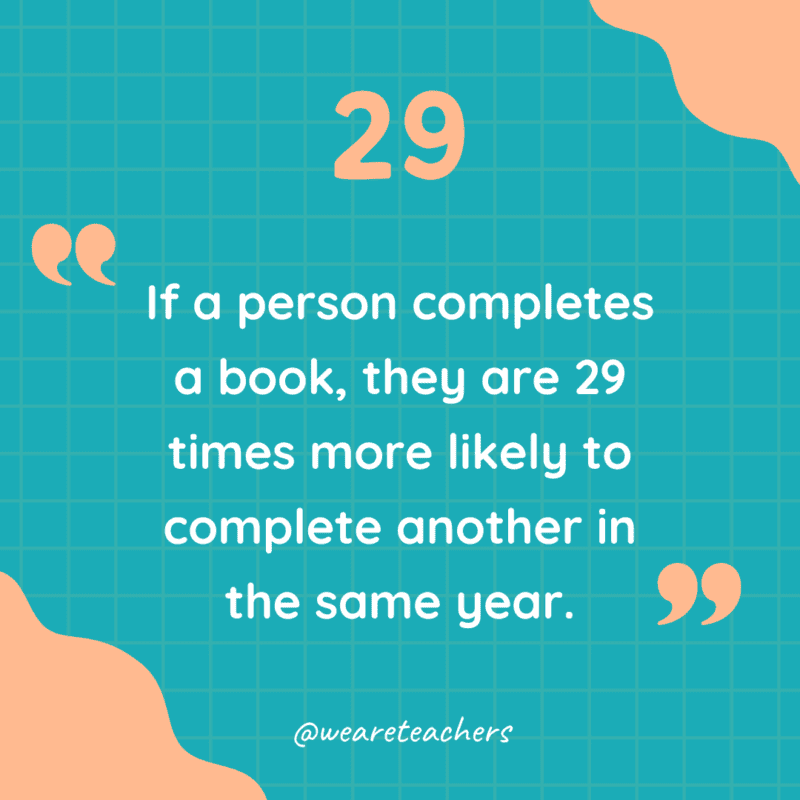
Rimer says the theory rings true for one of her daughters. Her teenager was reluctant to read until a TikTok book recommendation changed her mind. “And when she finished the book, she said, I want another one. She had enjoyed reading, enjoyed the feeling of folding into a story, maybe even started a reading habit.”
If you or your students are hoping to improve your reading habits, here are some recommendations from the experts:
“My friend! Books come in many shapes and sizes! Stop thinking it has to be on a top 20 list.”
“Stop thinking the book you’re reading needs to be by that next big author. Stop thinking it needs to be classic. Audiobooks are books. Graphic novels are books. Comic books are books! Read a book that brings you joy and meets you where you are. That’s all you have to do.”
—Sailaja N. Joshi
“I think we just need to normalize a culture of reading again.”
“I think about how Barack Obama and Reese Witherspoon and other celebrities, athletes, and political figures have started to publicize what they are reading more. For many adults, picking a book off a list from someone they admire might be all they need to start reading again. Some public libraries are better than others at curating displays with “read-alikes” to TV shows, movies, and other popular books, but promoting read-alikes is another way to get people interested in reading again. I also think many adults aren’t aware of how easy it is to access e-books and audiobooks through their public libraries with apps like Libby.”
—Melody Riggs, Media Specialist at Walnut Hills High School in Ohio
“One book might be able to get you back into the habit of reading, but something has to make you pick up that book.”
“I think it’s more likely that having one friend, acquaintance, co-worker, etc., who reads presents a better avenue back to reading.”
—Betsy Woods, a 24-year-English teacher in Milford, Ohio, and English Composition professor at University of Cincinnati, Clermont
“Every journey begins with a single step, to paraphrase Lao Tzu, and reading a single book is a very achievable goal.”
“Reading a single book is low risk, high reward. If you don’t get into it, then all you’ve lost is a few hours. But if you love it, you’ve opened up your world in countless way.”
—Emily Helck, owner of The Lost Bookshop, and an adjunct professor of English at Rutgers University
What are your best tips for improving reading habits? Let us know in the comments!
Looking for more articles like this? Subscribe to our newsletters.
